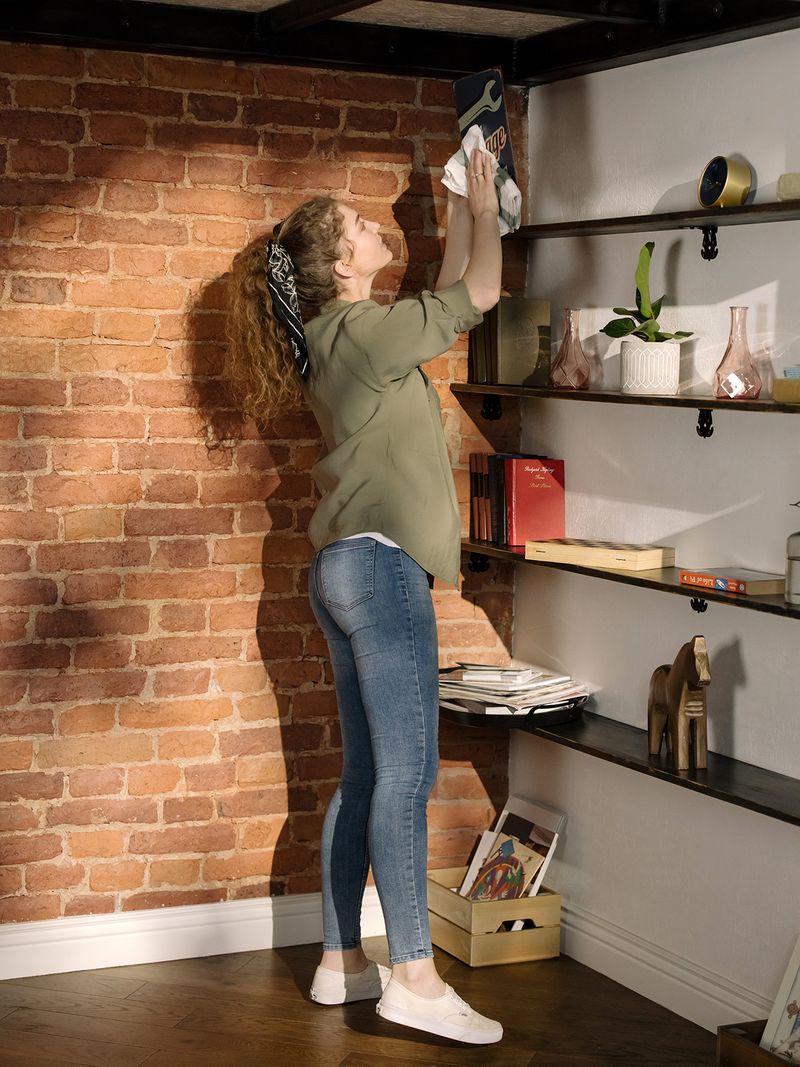
It was right around the time I graduated from school. Friends moved on to college applications, while I stayed home for the next two years, stuck. The last summer break of my school life lasted for more than 24 months – a teenager’s dream, right? I did spend the time wisely, at first, throwing myself back into art till the days bled into one another. I’d step out into the balcony some days. But it didn’t do much for the constant sinking feeling in my chest.
When I couldn’t pick up the pencil again, nor anything else for that matter, I knew I had way too much time on my hands.
Dr Farid Elazar, clinical psychologist at American Center for Psychiatry and Neurology in Dubai, tells Gulf News what happens to us when our minds are left vacated for too long. And if you are still down in the dumps despite the precious few hours you have to yourself, then his advice might be for you.

There is a risk with a lack of frontal lobe activity, where we can enter what I call the mental kingdom of darkness.
When the brain takes a break
Our brain craves activity. It’s always on the lookout for the next bigger, better skill to learn. When we’re busy solving a puzzle or tying our shoelaces, for instance, says Dr Elazar, we engage our frontal lobe. But non-stop activity can tire it out, which is why we long for the next weekend to recharge.
“We all have a frontal lobe, which is housed above the eyes. This is the brain’s CPU (central processing unit), responsible for executive control and decision making whenever we perform a task,” he said.

“When our minds are vacated, doing nothing, we activate a family of brain regions called the default mode network, where our brain goes to take a vacation.”
Thinking, daydreaming and spacing out, all put the brain on rest mode. During this time, the CPU responsible for tasks is left idle. We might be spacing out, but this is also when the brain forms our memories so that we can remember the day’s events later. Downtime is important for a healthy mind.
Mental kingdom of darkness
Hold that thought. We’ve put a pause on the frontal lobe and gone into dreamland while awake. Put it on pause for too long and you run the risk of entering the ‘mental kingdom of darkness’, a territory fraught with overthinking. Sometimes we feel that being alone with our thoughts is scary.
“There is a risk with a lack of frontal lobe activity, where we can enter what I call the mental kingdom of darkness. Our minds will travel to negative memories from our past or to the future, which can bring about negative emotions,” said Dr Elazar.

I keep myself busy because I know it will affect me in a bad way.
That’s exactly where my mind was – trained on my future – during my two-year homestay. Everyone from school seemed to be doing well but me, my brain told me. After a few months of ‘free time’, my thoughts had completely tanked.
“I keep myself busy because I know it will affect me in a bad way,” Achila Varughese, a 25-year-old Dubai expat working as a marketing executive, told Gulf News. “During the pandemic, I worked from home a lot. I think work is a space where you have people to talk to, step out for lunch with, but at home you’re just stuck inside the four walls of a room.”
Is it quality free time or distraction?

Dwelling on the past and on the future when our brain takes a break is called rumination. This is a trait, Dr Elazar says, that you find in depressed people, as well. Not everyone ruminates in their downtime, but the slope is slippery for those who repeatedly think about past events and brood.
Then, what type of break is healthy? Some might fill their weekend hours cleaning, running errands and hitting the gym, others would much rather lounge in bed with their favourite TV show.
I’m all for watching Netflix as long as it’s done in moderation.
A study published by the American Psychological Association (APA) in 2021 found that sometimes we dislike too much time on our hands because there is no sense of productivity. Participants of the study reported lower levels of well-being and higher levels of stress after the five-hour mark of their idle day.
“I’m all for watching Netflix as long as it’s done in moderation,” said Dr Elazar. “I watch it, too.”
But as the day goes on, we feel more and more drained from consuming media. This is because our brain needs active stimulation at some point, and said activities don’t have to be ‘work’ for it to feel rewarding.
Netflix and gym, maybe?

Now that we’ve established that we need to spend our free time well to chase away the weekend blues, let’s talk moderation. Mindless scrolling on your phone is fine, really, only if you don’t do it for five hours straight.
Get it out of your system, put the device down then fill the next few hours with a hobby you like or an interest that stimulates your consciousness, says Dr Elazar.
Achila gave her mind a break from work by picking up swimming classes, cooking and working out: “I like a space of my own, but I wouldn’t like for it to be 100 per cent. Half a day is enough for me [to do nothing], anything more than that would be too much.”
For Achila, these activities will serve her well in the long run – Dr Elazar calls them ‘sustainable’. And it’s what you should look for to supplement the remainder of your downtime. Whatever your sustainable activity is, it all depends on what makes you happy.
How many hours in a day should I take off?
Dr Elazar says that if fitness is your passion, dedicate five to seven hours a week – excluding weekends – to hit the gym. Assigning free hours to days makes it tricky, since we might not always find time every day of the week. Still, if you’d like to go by days, then an hour and a half is ideal for a stimulating work-free activity.
My never-ending brooding period came to an end once I enrolled into university and squeezed in an hour of gym between classes. Go figure.











